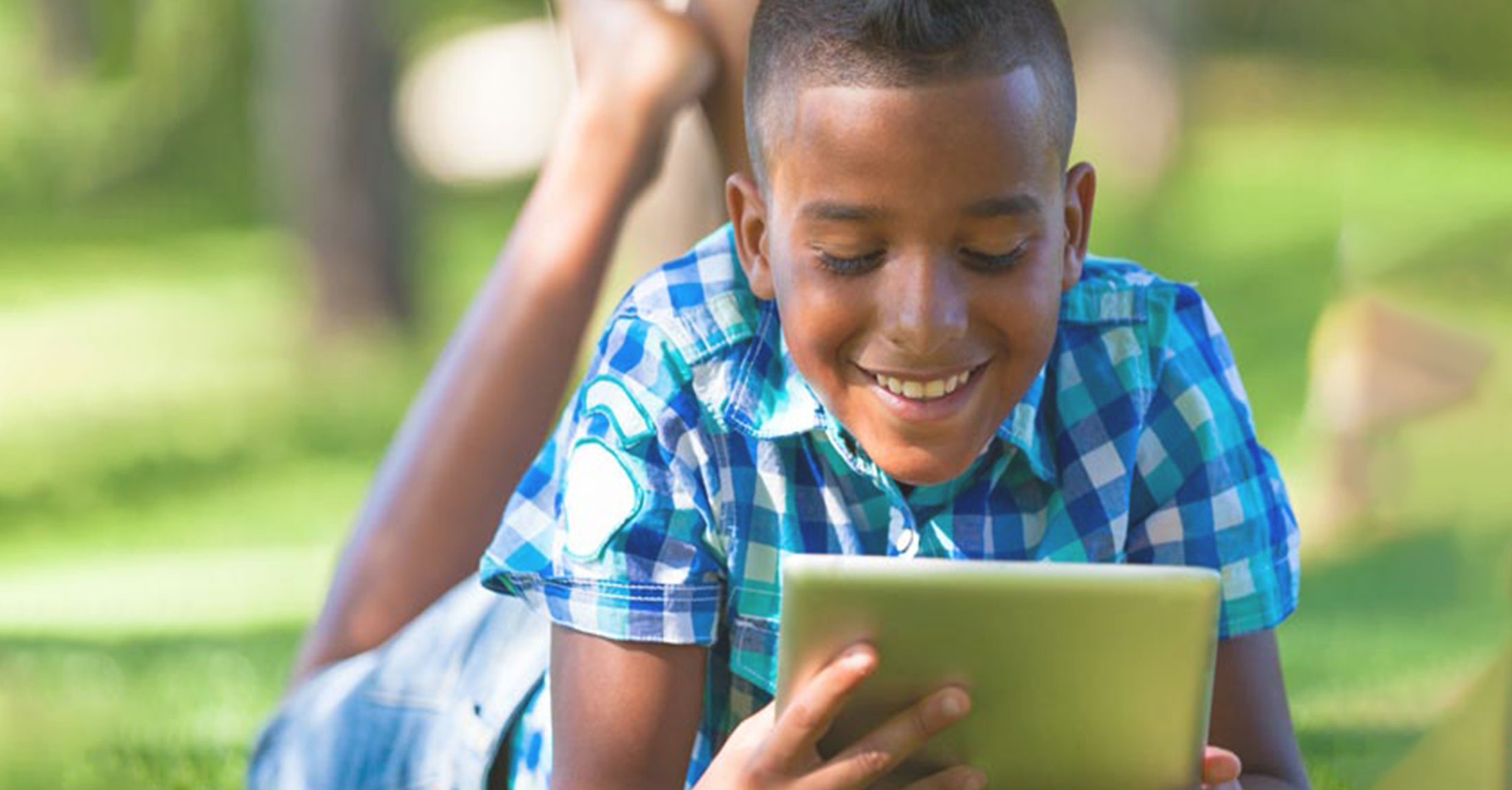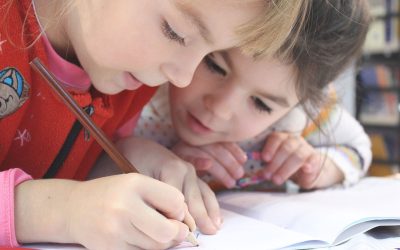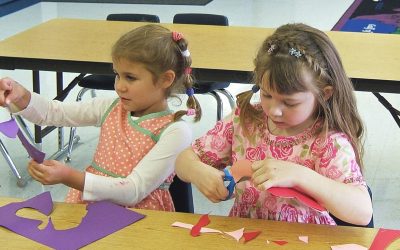Around the world, from Australia to Canada and points in between, parents of gifted learners are concerned about their children’s development and well-being. Parents want to ensure that their child is receiving a quality education consisting of meaningful learning, appropriate challenge, and progress.
What does that look like in practice?
The Truth about Gifted Learning Needs
No two individuals are the same. Research in such fields as educational psychology, cognitive development, and neuroscience, points to giftedness occurring across the population, irrespective of gender, cultural background, language, race, age, socio-economic status, or the presence of other exceptionalities. A gifted learner needs well-targeted learning opportunities in one or more domains at a particular point in time as required, and as their understandings and abilities continue to develop.
However, in order for children to have and maintain a love of learning, they also have to invest something else—effort!
Contrary to what some people might believe, high-level ability does not necessarily come easily. Intelligence, creative expression, skill-building proficiency, content mastery— these outcomes are the result of time and effort. To that end, parents are well-positioned to offer their child guidance and support, foster their motivation, and encourage them to make the most of their learning experiences.
The best way for parents to accomplish this is to ensure that their child has (or co-creates) learning opportunities that align with their individual needs, including their areas of strength and weakness, interests, and learning preferences. In other words, parents can champion an Optimal Match approach that empowers a child to learn what they need and want to know, over the short, medium, and long haul. Such an approach is predicated on differentiation and choice, and a range of options. These might include acceleration, single-subject enrichment, mentorships, flexible grouping, gifted classes, leadership initiatives, entrepreneurial pursuits, volunteer activities, cross-grade resource access, extracurricular activities, technology-based programs, guided independent study, project-based studies, or other possibilities. (See Being Smart about Gifted Learning to find out more about these and many additional Optimal Match alternatives.). Children’s needs vary, and are always in flux, and should be monitored and adjusted on an ongoing basis.
Effort Through the Lenses of Parents and Children
An Optimal Match approach empowers kids to take initiative, and to stick with tasks and activities because they’re relevant, enjoyable, and worth doing. When children see the value of their learning and feel that the pacing and expectations are fair, they’re more inclined to put forth the effort required to see things through.
Considerations that parents can keep in mind are manageability, goal attainability, and the kinds of supports that are in place if a child encounters difficulty along the way. Parents can also demonstrate the strategies that they themselves use …








